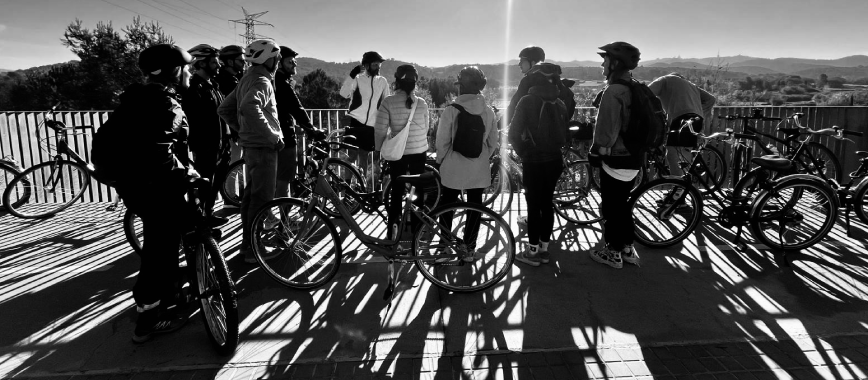Study Programme
The programme is offered in two tracks — English and Spanish/Catalan — welcoming students from around the globe. Holders of a Spanish Bachelor's degree in Architecture (300 ECTS) have the opportunity to pursue a double degree with the Master in Architecture, qualifying them for professional practice in Spain.
The Master of Science takes place over twelve months, structured into two semesters between mid-September and mid-June. The six courses of the first semester provide theoretical content and discussion. They offer a vision and knowledge of the topic along with conceptual application tools. Parallel to this part, a transversal Laboratory of hands-on work allows to practice on real cases the vision provided by each course. This hands-on work is developed autonomously by small teams of students and is regularly debated.
The tutoring period initiated in spring culminates with the submission and presentation of a Final Dissertation in early September, after a month of autonomous work.

Module 1. Urban Metabolic Flows
Students acquire a metabolic vision of the city and the key flows involved in its social metabolism, their relationship with urban form and the transformation of the city, their measurement, and the ability to diagnose and intervene on these flows towards sustainability.
Module 2. Strategies of Action
Students gain a critical vision of the tools for intervention on the city for its sustainable transformation on three complementary scales or scenarios. The module stresses the ability to identify opportunities for action on urban flows and spaces based on these tools to improve urban metabolism.
Module 3. Design Studio
Students address and develop viable and sound projects of urban intervention in the built environment to improve its sustainability through a methodology based on analysis and comprehensive diagnosis to develop strategic approaches and intervention designs.
Module 4. Master's Thesis
Students undertake analyses or innovative solutions in projects of sustainable intervention in the built environment, or explore the potential applicability of research outcomes or issues and research work from the needs raised by those projects.
Share: